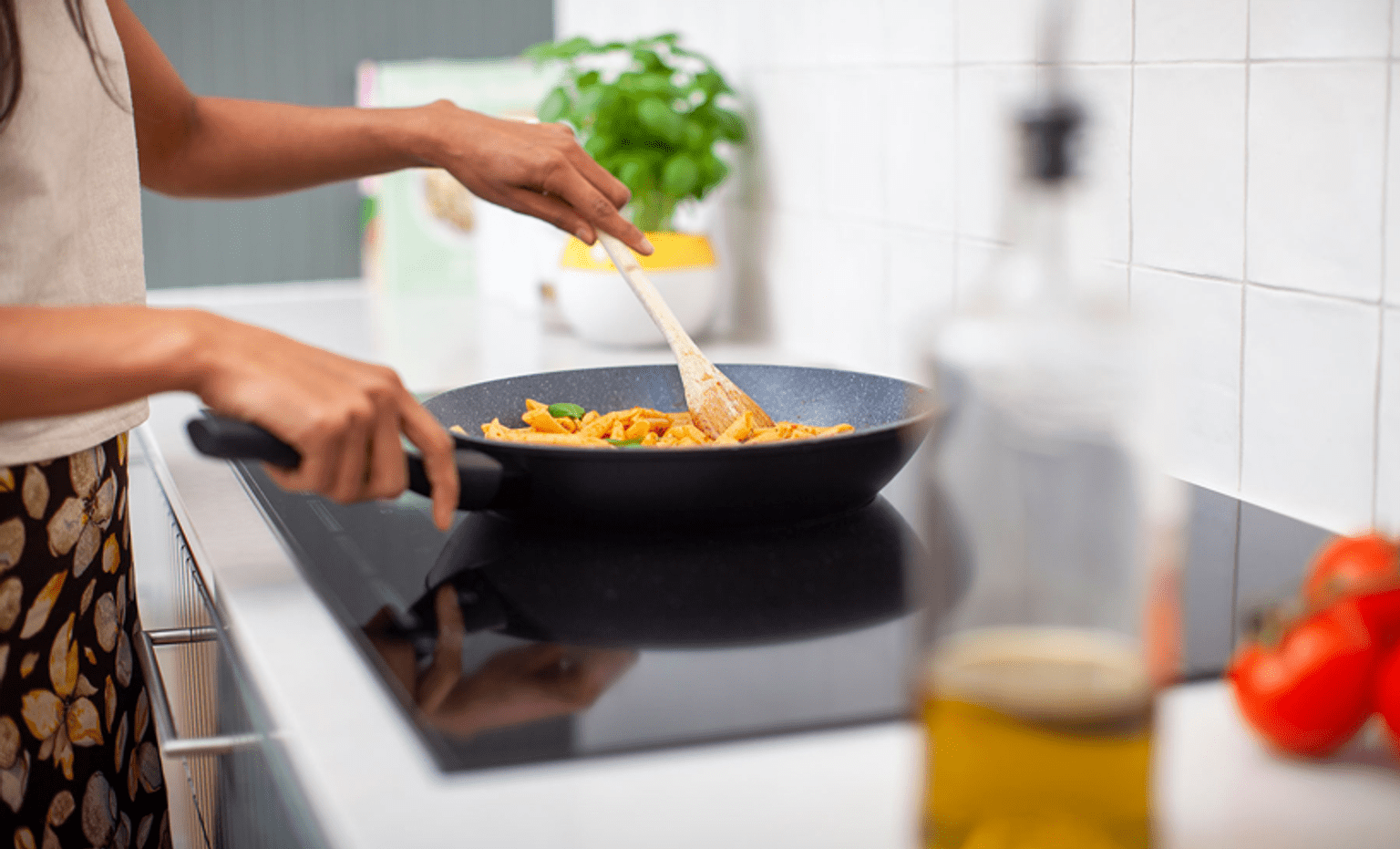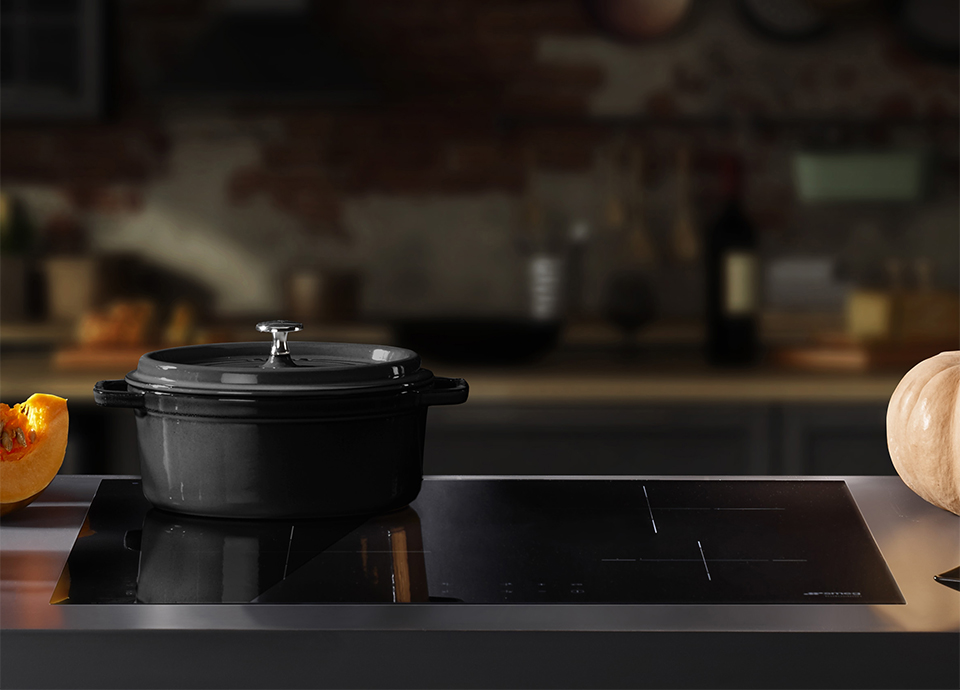Cast Iron vs Stainless Steel on Induction: Which is Best?
Written By James Morgan
For barbecue enthusiasts and cooking aficionados, the debate between cast iron vs stainless steel on induction is a sizzling topic. When it comes to achieving that perfect sear or even cooking on an induction cooktop, choosing the right cookware can make all the difference. Both materials have their strengths and weaknesses, particularly when used for grilling or barbecuing. This article delves into the pros and cons of each, helping you make an informed choice.

Understanding Induction Cooking
Before diving into the comparison, its crucial to understand how induction cooking works. Unlike traditional gas or electric stoves, induction cooktops use electromagnetic fields to heat the cookware directly. This method is highly efficient, as it reduces energy waste and provides precise temperature control. However, it requires cookware that is magnetic and has a flat bottom, which brings us to the discussion of cast iron and stainless steel.
For a deeper dive into the workings of induction technology, you can check this comprehensive guide on How Induction Cooktops Work.
Why Choose Cast Iron?
Cast iron cookware has been a staple in kitchens for centuries, and for good reason. Its ability to retain heat is unmatched, making it ideal for barbecue enthusiasts who need consistent temperatures to achieve that perfect char. When used on an induction cooktop, cast iron heats evenly and maintains its temperature, making it perfect for slow cooking and searing.
Moreover, cast iron is incredibly durable. With proper care, a cast iron pan can last a lifetime, and its non-stick properties only improve with use. If you're interested in learning more about the best brands of cast iron for induction cooking, check this guide.
Drawbacks of Cast Iron
Despite its many advantages, cast iron is not without its downsides. It is heavy, which can be cumbersome when handling or cleaning. Additionally, it requires regular seasoning to prevent rust and maintain its non-stick surface. Lastly, cast iron can scratch the glass surface of an induction cooktop if not handled carefully.
The Appeal of Stainless Steel
Stainless steel cookware is another popular choice for induction cooking. Known for its sleek appearance and resistance to rust and staining, stainless steel is a favorite among many home cooks. When equipped with a magnetic base, stainless steel can be an excellent conductor of heat on an induction cooktop.
One of the primary benefits of stainless steel is its ease of maintenance. It doesnt require seasoning and is generally dishwasher safe. For barbecue enthusiasts who prefer lighter cookware, stainless steel is also much easier to handle than cast iron. If you're considering stainless steel, you might want to explore this informative article on the differences between cast iron and nonstick cookware on induction.
Limitations of Stainless Steel
However, not all stainless steel cookware is created equal. Some models do not heat as evenly as cast iron, which can be a disadvantage for tasks that require consistent heat distribution. Moreover, without an aluminum or copper core, stainless steel might not perform as well in terms of heat retention.
Making the Right Choice
Ultimately, the choice between cast iron vs stainless steel on induction depends on your cooking style and preferences. If you prioritize heat retention and durability, cast iron might be the better option. On the other hand, if ease of maintenance and a lighter weight are more important, stainless steel could be your go-to.
For those who want the best of both worlds, consider investing in both types of cookware. This way, you can enjoy the benefits of each material depending on the dish you're preparing. Remember, the right choice will enhance your barbecue experience, making your meals more enjoyable.

FAQ
Does cast iron work on all types of induction cooktops?
Yes, cast iron is compatible with all induction cooktops due to its magnetic properties. However, ensure the bottom is flat to maximize contact with the cooktop surface. For more details, consider visiting this helpful resource on induction compatibility.
Can stainless steel scratch my induction cooktop?
Stainless steel is less likely to scratch induction cooktops compared to cast iron. However, to minimize any risk, always lift cookware rather than dragging it.
Is there a significant energy difference between using cast iron and stainless steel on induction?
Induction cooking is energy efficient overall, but cast iron's heat retention properties may result in slightly lower energy use as it retains heat longer than stainless steel.



